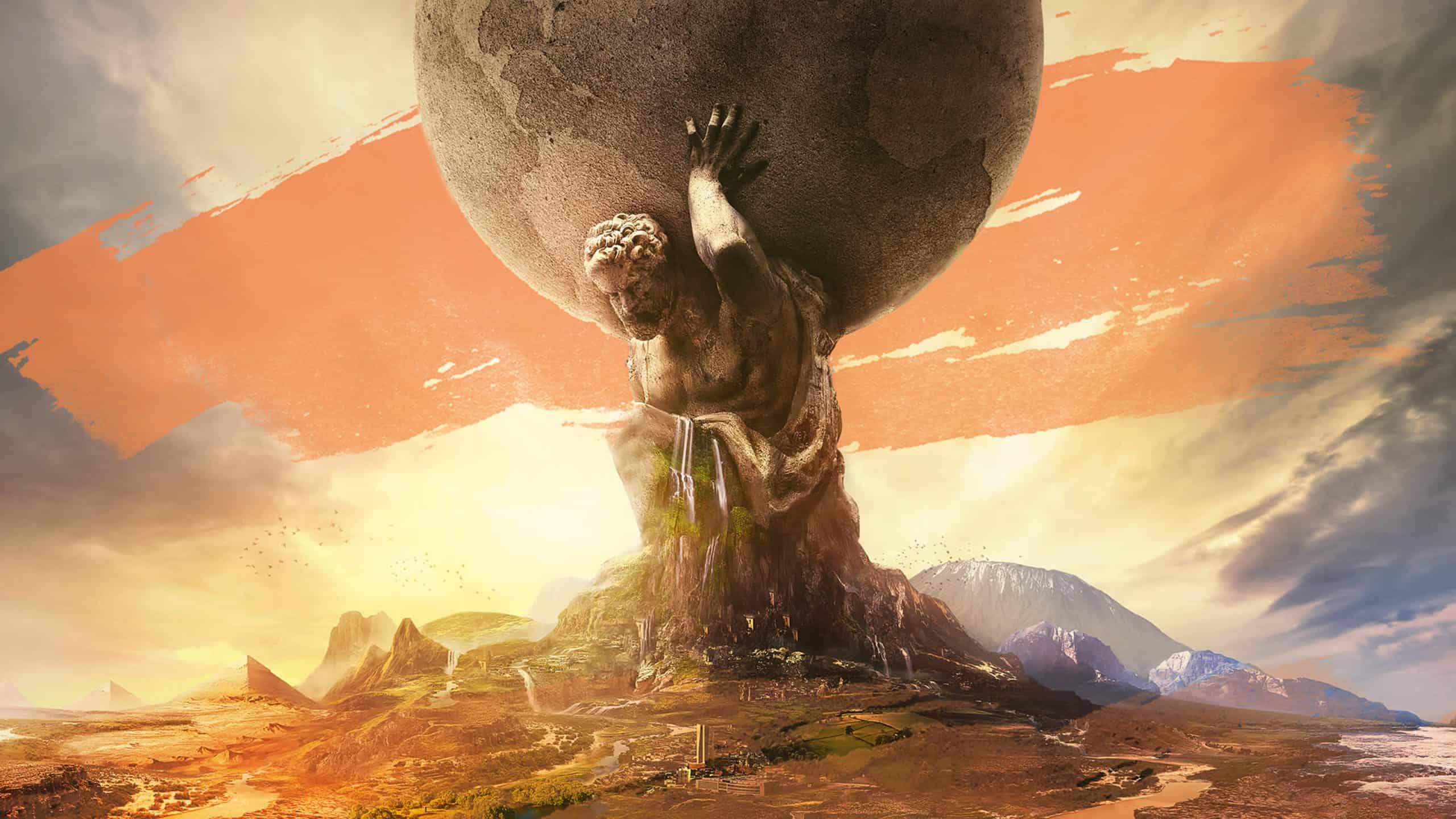Since childhood, I have played video games, and one of my all-time favorites is Sid Meier’s Civilization. The turn-based strategy game appeared in the early ’90s, and the game has evolved significantly since its debut, each version has new challenges for players to solve. As the title of this article suggests, I’d like to share what Sid Meier’s Civilization game has taught me about business and strategy.
For those of you who are not familiar with the game, as its name implies, you take on the role of civilization ruler to build an empire competing against others. Apart from exploring the map, conducting diplomatic and warfare activities, the player has to build cities and make improvements, manage people and resources, develop technologies, and build an army inclusive of defense systems. This game’s scope is insanely broad; it covers all historical periods starting 4000 BC and ending with space-age in 2100 AD. The level of detail that went into creating it is astonishing, and it boosts player’s learning with much historical and factual data. It takes time and commitment to master the game, the good news is that those skills are transversal to business so it’s not for nothing.
Here are five practical business lessons I learned from the game over the years:
STRATEGIC THINKING
- Like in business, you have to know which victory path you plan to pursue at the beginning of the game because it guides all your subsequent choices. Without a clear strategy, you get lost in operational and development needs, and eventually, everyone else beats you to it. It helped me to learn to make a habit of evaluating the risks and always developing alternative scenarios.
COMPETITION
- To beat them, first, you have to learn how to play with them. If you want to be ahead in the game, you build relationships with other competitors. Explore them, even team up to co-develop each other as a group until you gain enough strength to take the lead. Alliances amongst players are made with the intent to be broken eventually; players must be keen to determine if they are playing or getting played.
RESOURCE ALLOCATION
- Like any enterprise, your empire needs resources, and those are scarce. Your task is to assign and schedule available resources most efficiently and economically correctly. Math is pretty simple when you look at it from this perspective: if you splurge on one sector, you will fall short in the other(s). But that’s not always the case, especially when you build up things that will generate more income, but it’s essential to do it at the proper timing.
TIME AND PRIORITY MANAGEMENT
- In my opinion, it is the key to winning. When you master this lesson, there’s no stopping you. Setting priorities is the most challenging task even to professionals, a lot of things are going on simultaneously, and you can easily get lost in them. So don’t be frustrated if there’s still room for improvement in this area; it happens to the best of us. Having a developed initial strategy helps a lot with setting up priorities and time management because it gives you a better insight into the victory path and its phases. This way, you will know which tasks to prioritize over others, especially if they take more time.
- Be aware that blindly following your strategy can quickly cause you to lose the game if you’re not aware of the changes happening around you. It’s important to spot when your plan needs a revision when new information changes in the game. This is alike to changing approach when the market shifts in business.
CULTURE AND PEOPLE MANAGEMENT
- Happiness is measured in the game. It represents the citizens’ approval rating of you as the leader and the choices you make; it holds you accountable for your choices. It’s essential to boost morale and keep your people happy, and you cannot win without it. In the game, just like in real life, this becomes more prominent in crisis times and, if ignored, can cause serious setbacks. I experienced this first-hand in the game and business likewise, and its importance has never hit me like during the coronavirus crisis. Tightly-knit culture is everything!







